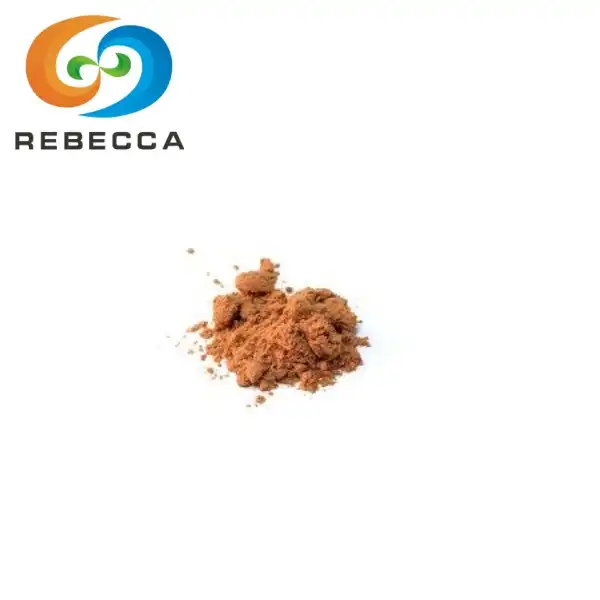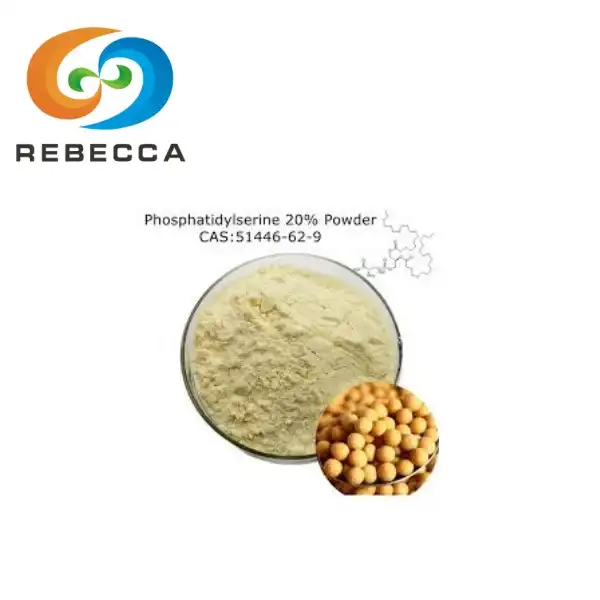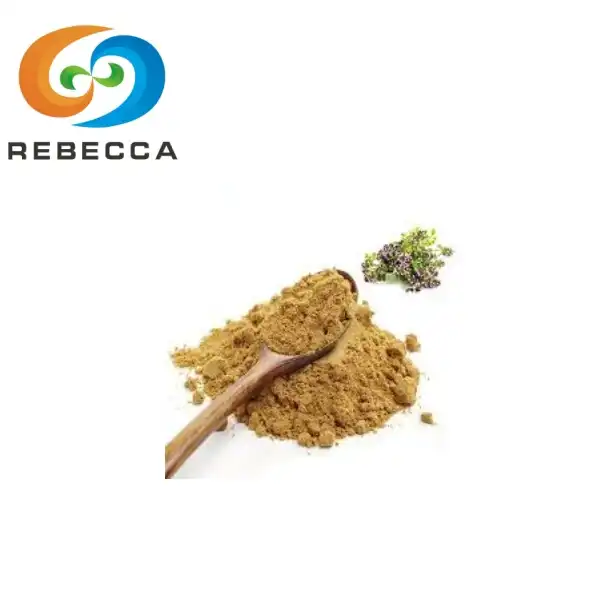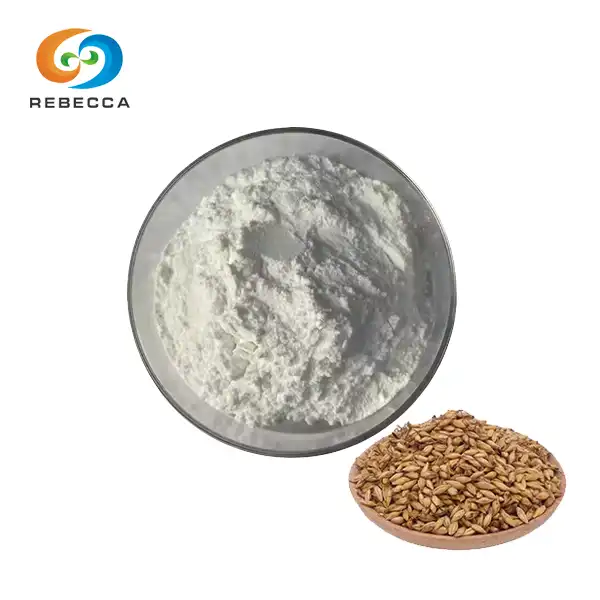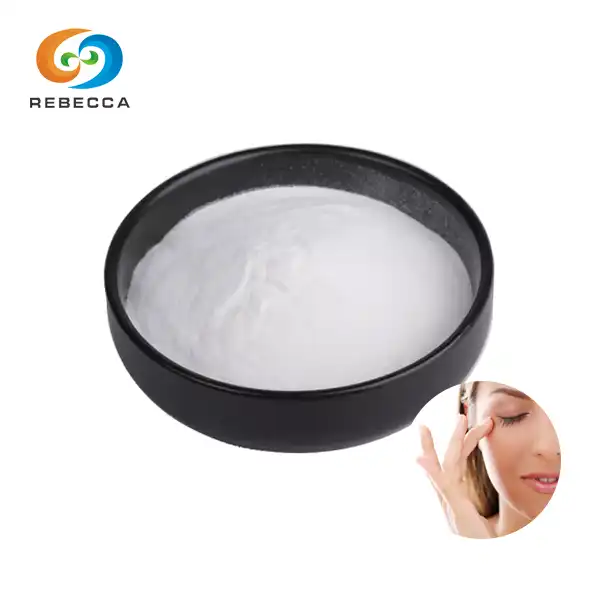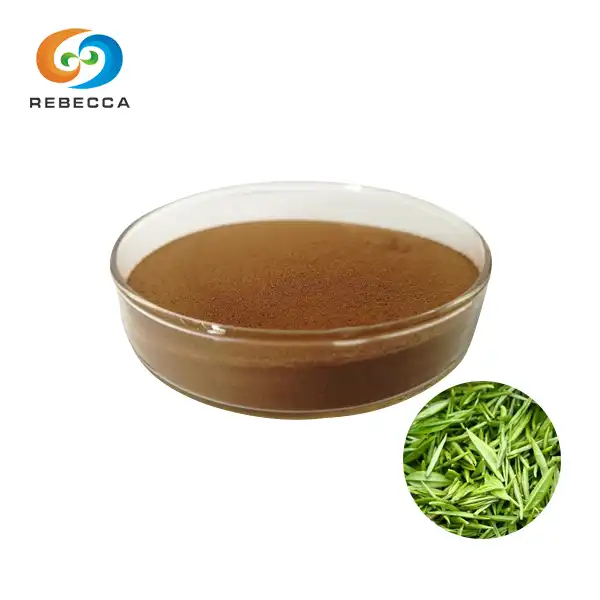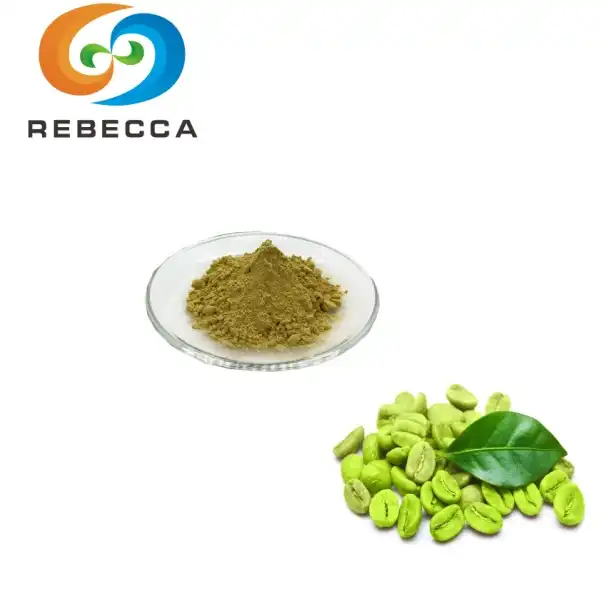Which food is highest in resveratrol?
Resveratrol, a powerful antioxidant compound, has gained significant attention for its potential health benefits. As more people seek natural ways to boost their well-being, understanding which foods contain the highest levels of resveratrol becomes crucial. In this comprehensive guide, we'll explore the top resveratrol-rich foods, how to choose the best resveratrol powder and delve into the natural sources of this remarkable compound
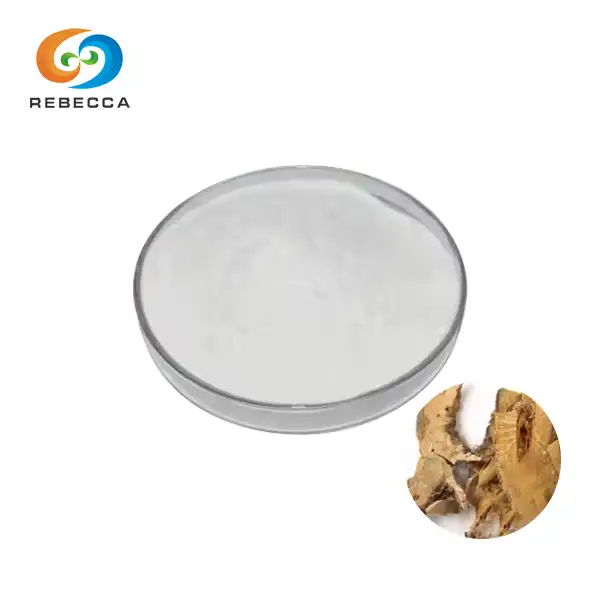
Product Name:Resveratrol(Res)
Chemical formula: C14H12O3
CAS No.:501-36-0
Specifications :Resveratrol ,Min 50%, Min 98%,HPLC
Appearance: White to light yellow powder, odorless
Solubility: Hardly soluble in water, but easily soluble in organic solvents such as ether, methanol, acetone, ethyl acetate, etc
Efficacy: Anti-oxidation, anti-inflammatory, cardiovascular protection, anti-cancer, immunity enhancement. Resveratrol also has multiple biological activities such as antibacterial, anti-asthma, anti-obesity, nerve protection, and anti-aging
Top Foods Rich in Resveratrol Powder
When it comes to natural sources of resveratrol, certain foods stand out for their exceptional content. Let's explore the top contenders:
Red Grapes: Nature's Resveratrol Powerhouse
Red grapes reign supreme as the most abundant natural source of resveratrol. The compound is primarily found in the skin of these fruits, serving as a protective mechanism against environmental stressors. Consuming red grapes or their products, such as red wine, can provide a significant resveratrol boost.
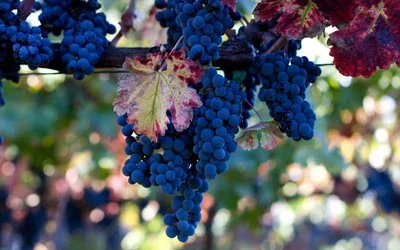
Blueberries: Tiny Berries, Big Benefits
Blueberries, while not as high in resveratrol as red grapes, still offer a respectable amount, and for those seeking higher concentrations, supplementing with the best resveratrol powder can be an effective option. These antioxidant-rich berries provide a delicious way to incorporate resveratrol into your diet, along with other beneficial compounds like anthocyanins.
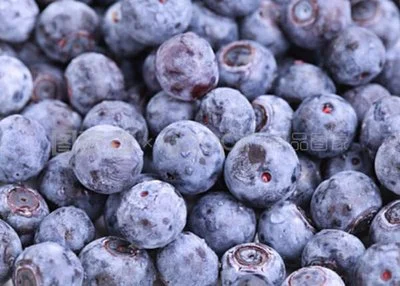
Peanuts: Surprising Resveratrol Source
Peanuts may not be the first food that comes to mind when thinking about resveratrol, but they contain notable amounts. Both raw peanuts and peanut butter can contribute to your resveratrol intake, making them a versatile addition to a health-conscious diet.
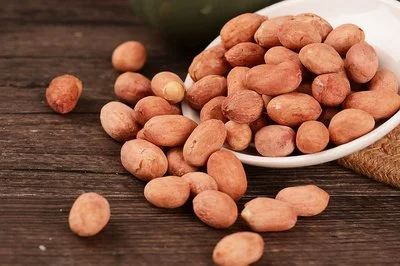
Dark Chocolate: Indulgent and Beneficial
Dark chocolate, particularly varieties with high cocoa content, contains resveratrol along with other beneficial compounds. This makes it a guilt-free indulgence for those seeking to boost their resveratrol intake while satisfying their sweet tooth.

How to Choose the Best Resveratrol Powder?
For those looking to supplement their diet with resveratrol powder, selecting the right product is crucial. Here are key factors to consider:
Purity and Concentration
The best resveratrol powder should have a high concentration of the active compound. Look for products that specify the percentage of resveratrol content, with higher percentages generally indicating better quality. For instance, Shaanxi Rebecca Bio-Tech Co., LTD offers resveratrol powder with specifications of Min 50% and Min 98% purity, ensuring potent and effective supplementation.
Source and Extraction Method
Consider the source of the resveratrol and the extraction method used. Natural sources, such as grape or Japanese knotweed extracts, are preferable to synthetic alternatives. Eco-friendly, non-chemical extraction methods preserve the integrity of the compound and minimize environmental impact.
Third-Party Testing
Reputable manufacturers subject their products to rigorous third-party testing. This ensures that the resveratrol powder meets quality standards and is free from contaminants. Look for certifications or lab results that validate the product's purity and potency.
Bioavailability
The bioavailability of resveratrol powder can significantly impact its effectiveness. Some formulations may include additional compounds or utilize advanced technologies to enhance absorption. Consider products that address bioavailability to maximize the benefits of your supplementation.

Resveratrol Powder: Natural Sources Explained
Understanding the natural sources of resveratrol can help you make informed decisions about dietary choices and supplementation. Let's delve deeper into the origins of this powerful compound:
Grape Skin Extract
Grape skin extract is one of the most potent natural sources of resveratrol. The compound is concentrated in the skin of red grapes, serving as a protective mechanism against environmental stressors. Extracting resveratrol from grape skins allows for the creation of the best resveratrol powder supplements.
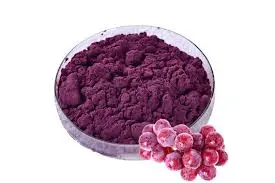
Japanese Knotweed
Japanese knotweed (Polygonum cuspidatum) is another significant source of natural resveratrol. This plant has been used in traditional medicine for centuries and is now recognized as a valuable source for resveratrol extraction. Many high-quality resveratrol supplements derive their active ingredient from this plant.
Pine Bark
Certain species of pine trees contain resveratrol in their bark, and for those looking for a more convenient and concentrated source, the best resveratrol powder offers an ideal supplementation option. While not as commonly used as grape or knotweed extracts, pine bark can be a source of resveratrol and other beneficial compounds. Some supplements combine resveratrol from multiple sources to create a more comprehensive antioxidant profile.
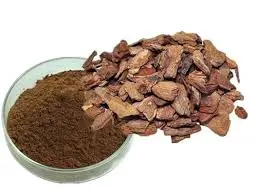
Mulberries
Mulberries, particularly the skin and seeds, contain resveratrol. While not as high in content as red grapes, they offer a unique flavor profile, enhance dietary variety, and can contribute to overall resveratrol intake when thoughtfully included in a balanced, varied diet.
Conclusion
Resveratrol, a potent antioxidant found in various foods and available as best resveratrol powder, offers numerous potential health benefits. Red grapes, blueberries, peanuts, and dark chocolate stand out as top natural sources. When selecting resveratrol powder supplements, consider factors such as purity, source, extraction method, and bioavailability. Understanding natural sources of resveratrol empowers informed dietary choices and supplementation strategies. By incorporating resveratrol-rich foods and high-quality supplements into your routine, you can harness the potential benefits of this remarkable compound.
For those seeking the best resveratrol powder, Shaanxi Rebecca Bio-Tech Co., LTD offers premium, high-purity options. Our advanced production techniques, including ultra-fine grinding and high-temperature drying, ensure maximum retention of natural flavors and nutrients. With strict quality control measures and adherence to international standards, we provide reliable, potent resveratrol powder suitable for various applications. To learn more about our natural herbal extracts and how they can benefit your health or product formulations, please contact us at information@sxrebecca.com.
FAQs
What is the recommended daily intake of resveratrol?
While there's no official recommended daily intake, studies have used doses ranging from 10 to 2000 mg per day. It's best to consult with a healthcare professional for personalized advice.
Can resveratrol powder be added to food and beverages?
Yes, resveratrol powder can be incorporated into various food and beverage products. However, it's important to consider factors like solubility and heat sensitivity during formulation.
How does resveratrol powder compare to whole food sources?
Resveratrol powder often provides higher concentrations of the compound compared to whole foods, making it easier to achieve therapeutic doses. However, whole foods offer additional nutrients and compounds that may work synergistically with resveratrol.
References
1. Baur, J. A., & Sinclair, D. A. (2006). Therapeutic potential of resveratrol: the in vivo evidence. Nature Reviews Drug Discovery, 5(6), 493-506.
2. Smoliga, J. M., Baur, J. A., & Hausenblas, H. A. (2011). Resveratrol and health – A comprehensive review of human clinical trials. Molecular Nutrition & Food Research, 55(8), 1129-1141.
3. Gambini, J., Inglés, M., Olaso, G., Lopez-Grueso, R., Bonet-Costa, V., Gimeno-Mallench, L., ... & Borras, C. (2015). Properties of resveratrol: in vitro and in vivo studies about metabolism, bioavailability, and biological effects in animal models and humans. Oxidative Medicine and Cellular Longevity, 2015.
4. Weiskirchen, S., & Weiskirchen, R. (2016). Resveratrol: How much wine do you have to drink to stay healthy? Advances in Nutrition, 7(4), 706-718.
5. Salehi, B., Mishra, A. P., Nigam, M., Sener, B., Kilic, M., Sharifi-Rad, M., ... & Martins, N. (2018). Resveratrol: A double-edged sword in health benefits. Biomedicines, 6(3), 91.
_1730691017423.webp)










